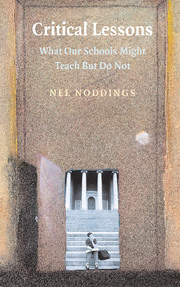4 - Other People
Published online by Cambridge University Press: 05 June 2012
Summary
Hell is other people. – No Exit
Jean-Paul SartreAll actual life is encounter.
Martin BuberWe must love one another or die.
W. H. AudenOne of the great mysteries of human life is the contradictory and paradoxical attitudes we take toward others. On the one hand, we need one another; our happiness and well-being depend on establishing good relations with at least some human beings. On the other hand, we often fear others; we feel jealousy, envy, distrust, and even hate. In families and schools, we socialize children to conform to certain rules of behavior concerning the treatment of others and how to behave in social settings, but we rarely encourage a critical examination of the events and feelings that underlie the need for such rules. What is it about human nature and human social conditions that make these rules necessary? Should we question or even reject some of these rules?
In recent years, philosophical interest in relations and relatedness has increased, and social scientists, too, have studied human relations and confirmed their importance to personal well-being. Philosophical liberalism's emphasis on individualism and autonomy has been questioned, but so has the unreflective reliance on community. Clearly, human beings do not spring into the world as fully rational, mature choice-makers. We are born entirely dependent on the care of adult others. This suggests that our initial sense of the other is that this other is a “being-for-me.”
- Type
- Chapter
- Information
- Critical LessonsWhat our Schools Should Teach, pp. 93 - 118Publisher: Cambridge University PressPrint publication year: 2006



